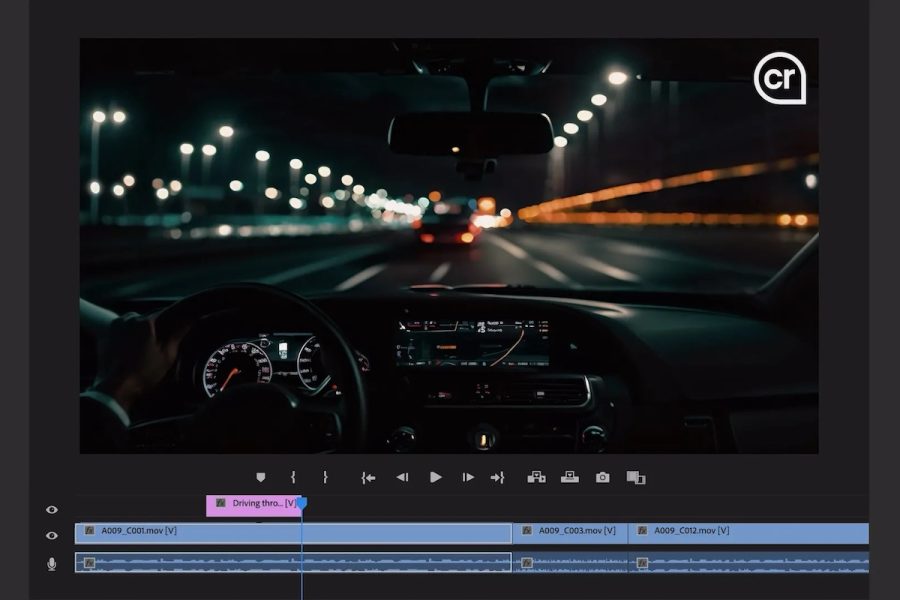A new partnership aims to harness insights from Internet of Things (IoT) devices to save insurance companies a passel.
At the recent Consumer Electronics Show, ROC-Connect said it is partnering with CoreLogic to assist insurers in bringing IoT devices to market.
ROC-Connect is a Silicon Valley-based firm that specializes in providing Smart Home as a Service capabilities. Headquartered in Irvine, Calif., CoreLogic provides financial, property and consumer information.
The partnership is looking to use IoT devices to help insurers better assess risk, which is a segment with considerable potential for growth. The Boston Consultancy Group estimates that real-time data from smart devices could reduce the $10 billion in annual U.S. claims by between 40% and 60%.
“Insurance companies will benefit because for the first time, they will have data that shows that the devices are fitted and functional in the consumer’s home,” said ROC-Connect’s Kevin Meagher. “We will move from the crazy position we are in today where insurance companies are offering discounts on security systems and fire sensors when 50% of customers do not switch the alarm on and there are no batteries in the fire sensor.”
Traditionally insurers take their biggest losses on fire and flood related claims, totaling roughly $9 billion per year in America alone.
However, Meagher says IoT devices can help cut these claims significantly.
“Placing simple leak detectors that sense both temperature and water to provide early warning of the leak can, as stated above, significantly reduce losses,” he says. “Similarly, a connected fire sensor will improve safety and reduce response times.”
Trading discounts for data access?
Meanwhile, consumers who agree to get their homes wired with insurance-friendly IoT devices stand to gain from better pricing and discounts from insurers.
Meagher says IoT and insurers are a match made in technological heaven simply because of the insurance industry’s insatiable hunger for consumer information when assessing risk. And of course IoT is famous for generating torrents of data from every connected device and sensor.
“Data from devices in the home, information on the services customers use, and insights into personal behavior, will all help insurers make smarter decisions and to develop better business models,” he says.









